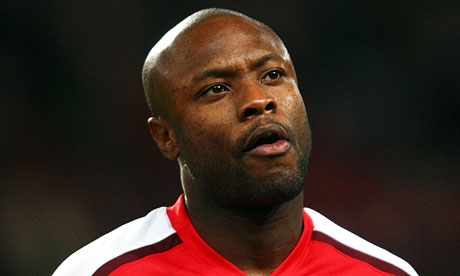Don't give me all that shït. First of all, nearly half of America's dead were in the Pacific theatre - a war that was fought by America purely to defend its own immediate economic and strategic interests following an attack by Japan on American soil. Second, the US fought Germany not because Britain was attacked (that happened two years earlier), but because a/ Germany declared war on the USA and b/ because it was in the US's strategic interest to combat the threat of Germany as far away from its homeland as it possibly could.
All this guff about innocent farm boys travelling thousands of miles to defend freedom is so much böllocks, I'm afraid. Most GIs were drafted (the draft had been in place since 1940) and if they were that starry-eyed and idealistic about fighting fascism they'd had two years when they could have joined British and Canadian forces in order to do so (as a number of Americans did). Like all soldiers, they were there because they were there.





 Reply With Quote
Reply With Quote

